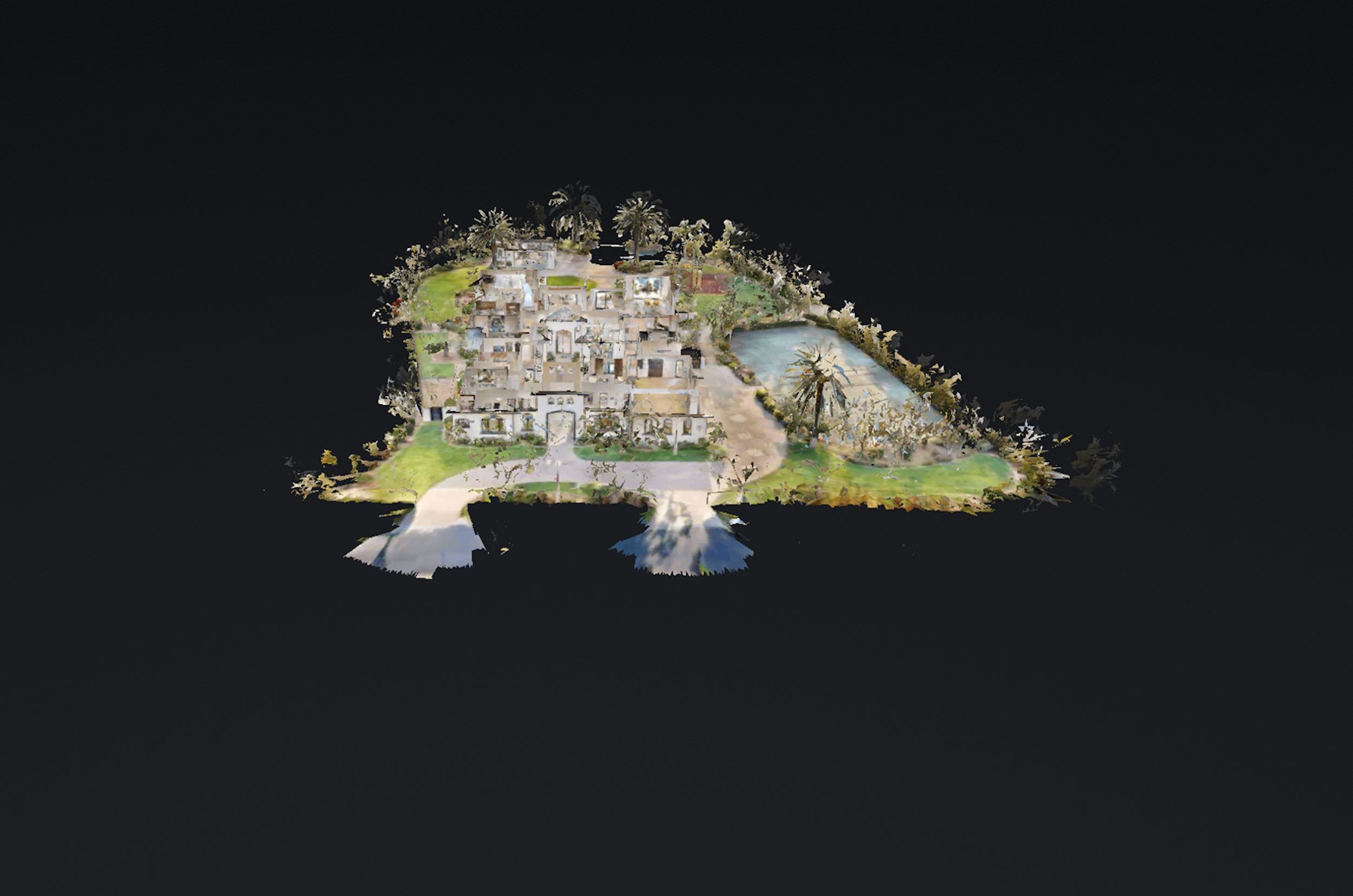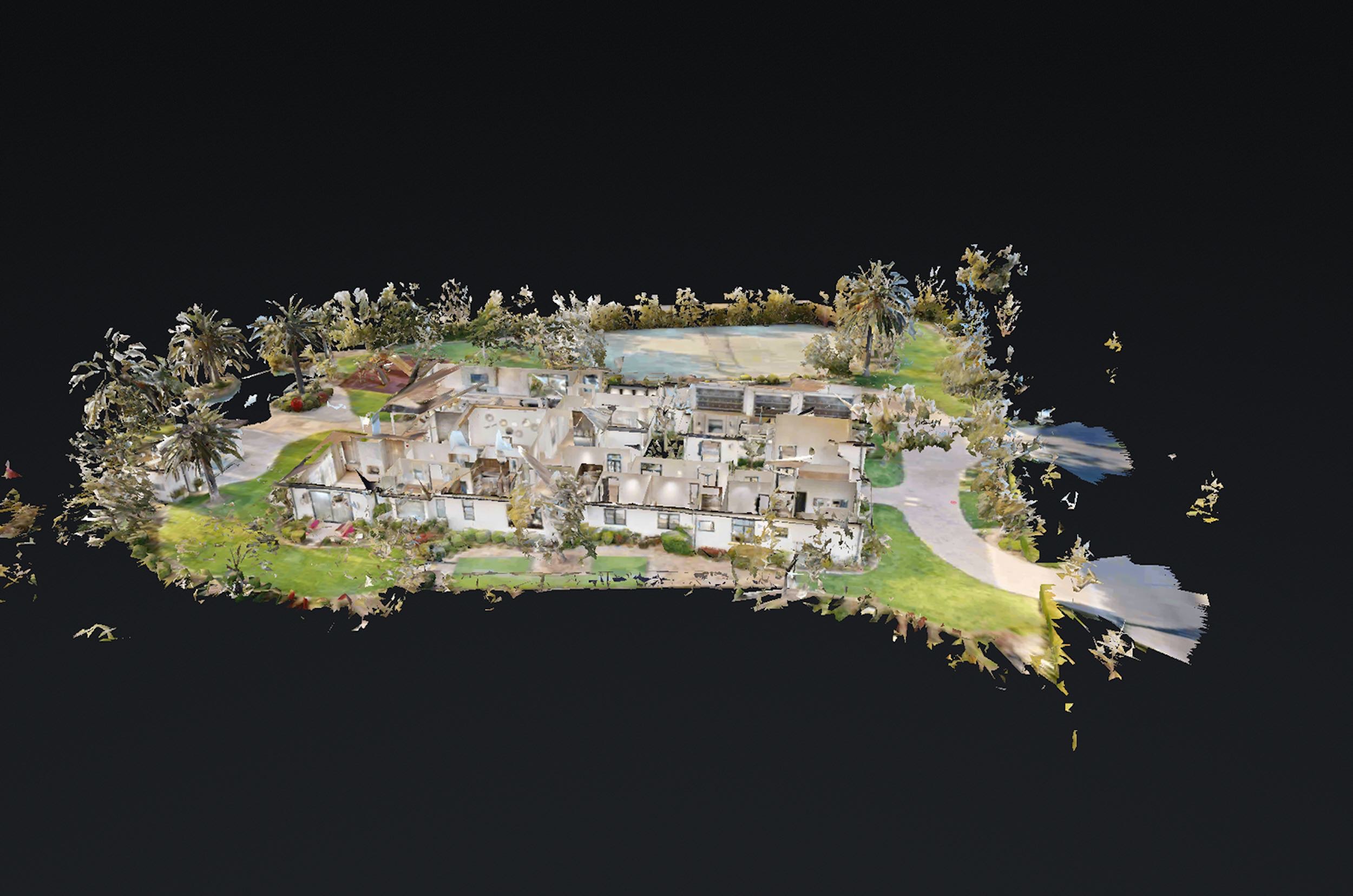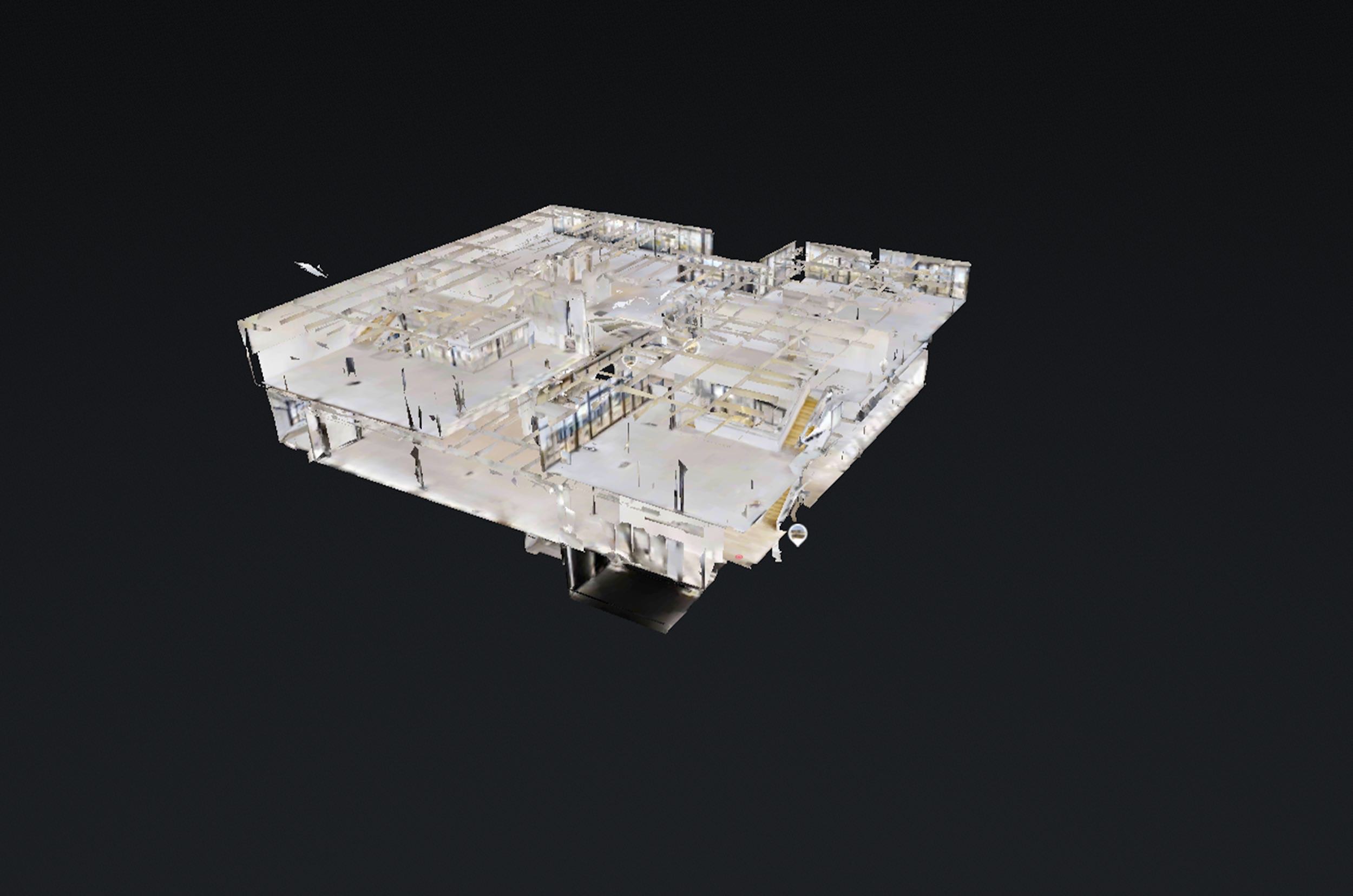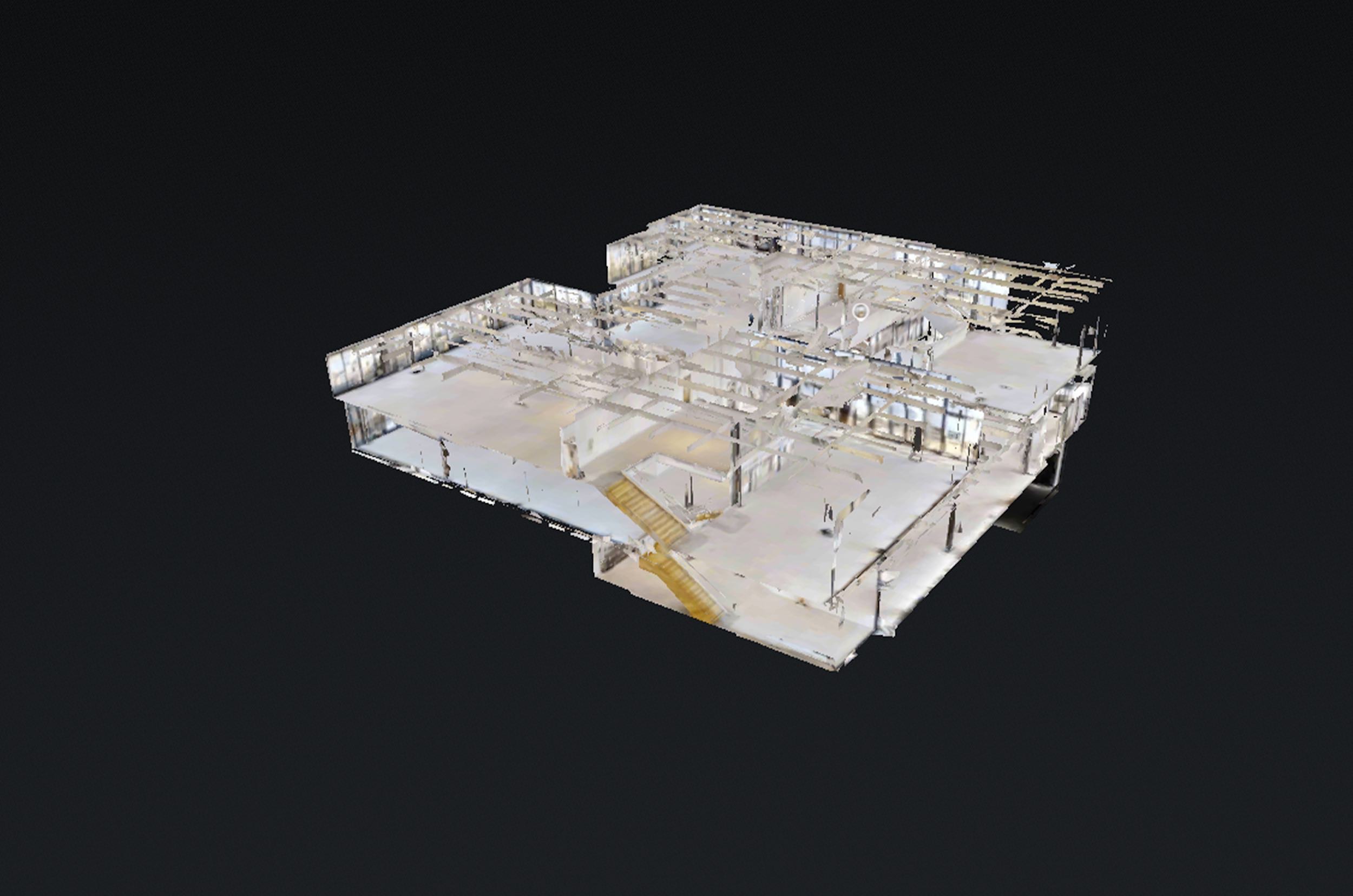In the ever-evolving landscape of hotel marketing, standing out from the competition is paramount. One innovative strategy that has gained significant traction is the use of 360 virtual tours. These immersive experiences allow potential guests to explore accommodations, amenities, and attractions before they book, providing a transparent and engaging way to experience the hotel from afar.
This blog will delve into how leveraging 360 virtual tours can transform your hotel’s marketing approach, offering fresh insights and practical advice to captivate and convert viewers into guests.
1. Interactive Room Selection: Enhance the booking experience by integrating 360 virtual tours with your reservation system, allowing guests to virtually explore and choose their exact room. This level of interactivity not only boosts engagement but also empowers guests, leading to increased satisfaction and loyalty.
2. Themed Virtual Events: Host virtual events using 360 tours to showcase the hotel’s event and conference facilities. Create themed, interactive experiences, such as virtual weddings or business conferences, to demonstrate the potential of your spaces and the services you can offer, providing a unique, hands-on preview.
3. Local Attraction Highlights: Extend your 360 tours beyond the hotel premises to include nearby attractions and points of interest. This holistic approach not only serves as a comprehensive travel guide but also positions your hotel as the epicenter of the travel experience, encouraging longer stays and repeat visits.
4. Seasonal and Customized Tours: Regularly update your virtual tours to reflect seasonal changes, special events, or renovations. Offering customized tour experiences, like romantic getaways or family-friendly amenities, can cater to diverse guest preferences and showcase the hotel’s versatility.
5. Gamification and Rewards: Incorporate elements of gamification into your 360 tours, such as scavenger hunts or quizzes about the hotel’s history or art pieces, with rewards like discounts or special offers. This approach not only makes the virtual tour more engaging but also incentivizes viewers to book a stay.
Conclusion
360 virtual tours are more than just a marketing tool; they are a dynamic way to communicate your hotel’s brand story, ambiance, and value proposition. By implementing these innovative strategies, hotels can provide a compelling, interactive, and comprehensive view of their offerings, significantly enhancing the guest booking journey. In the digital age, where visual content reigns supreme, harnessing the power of 360 virtual tours in hotel marketing is not just an option but a necessity to stay ahead in the competitive hospitality industry.







